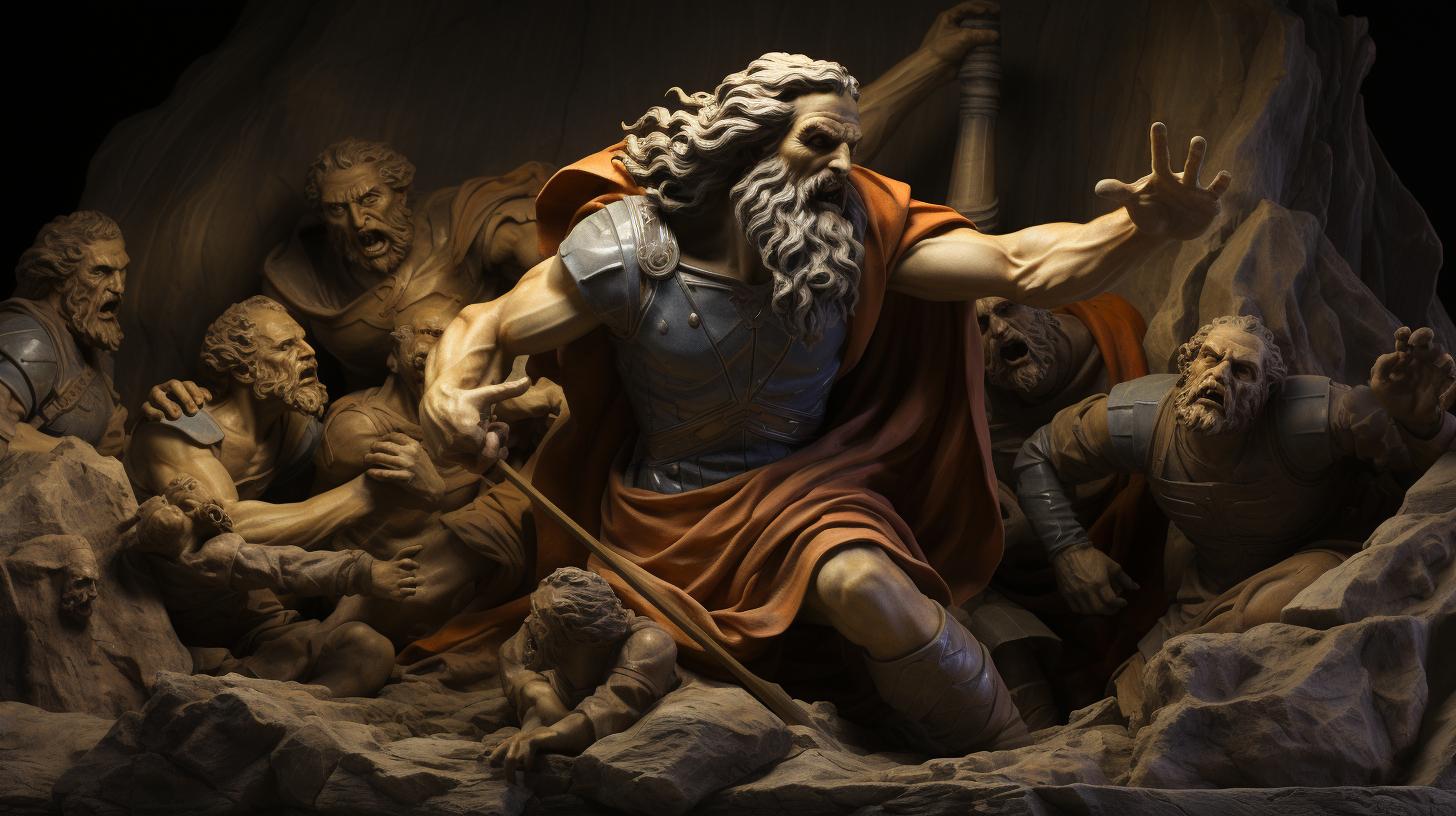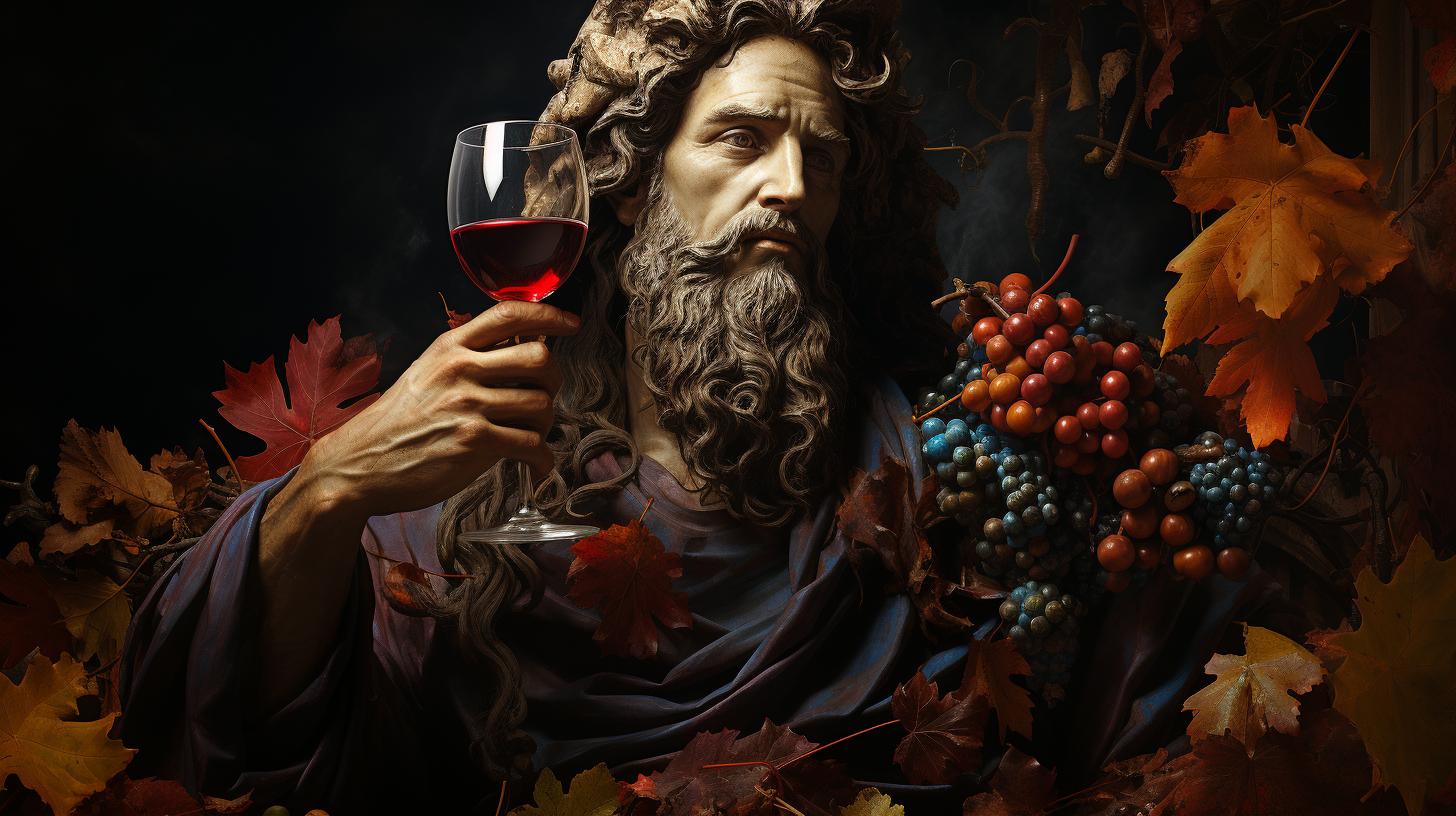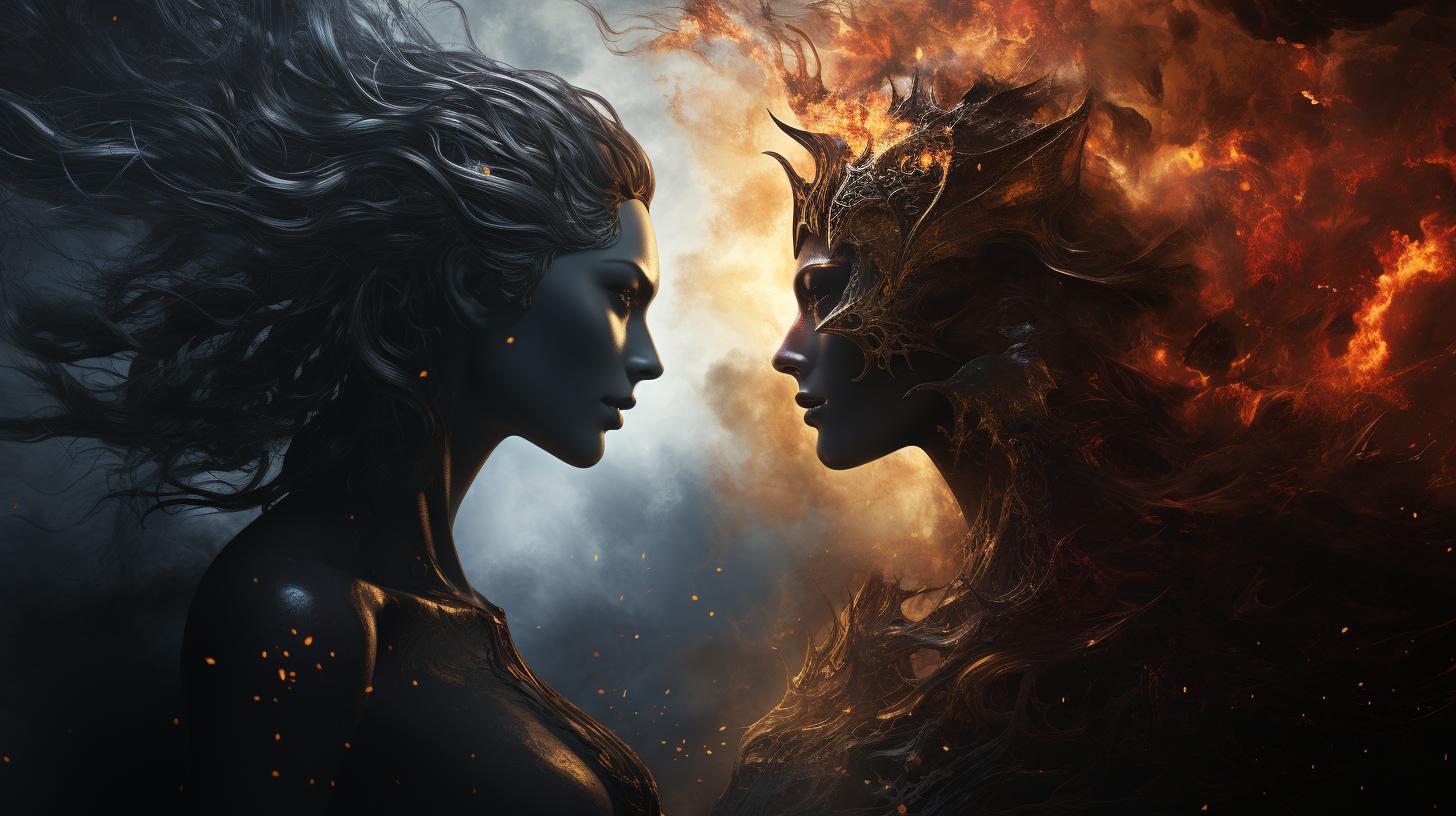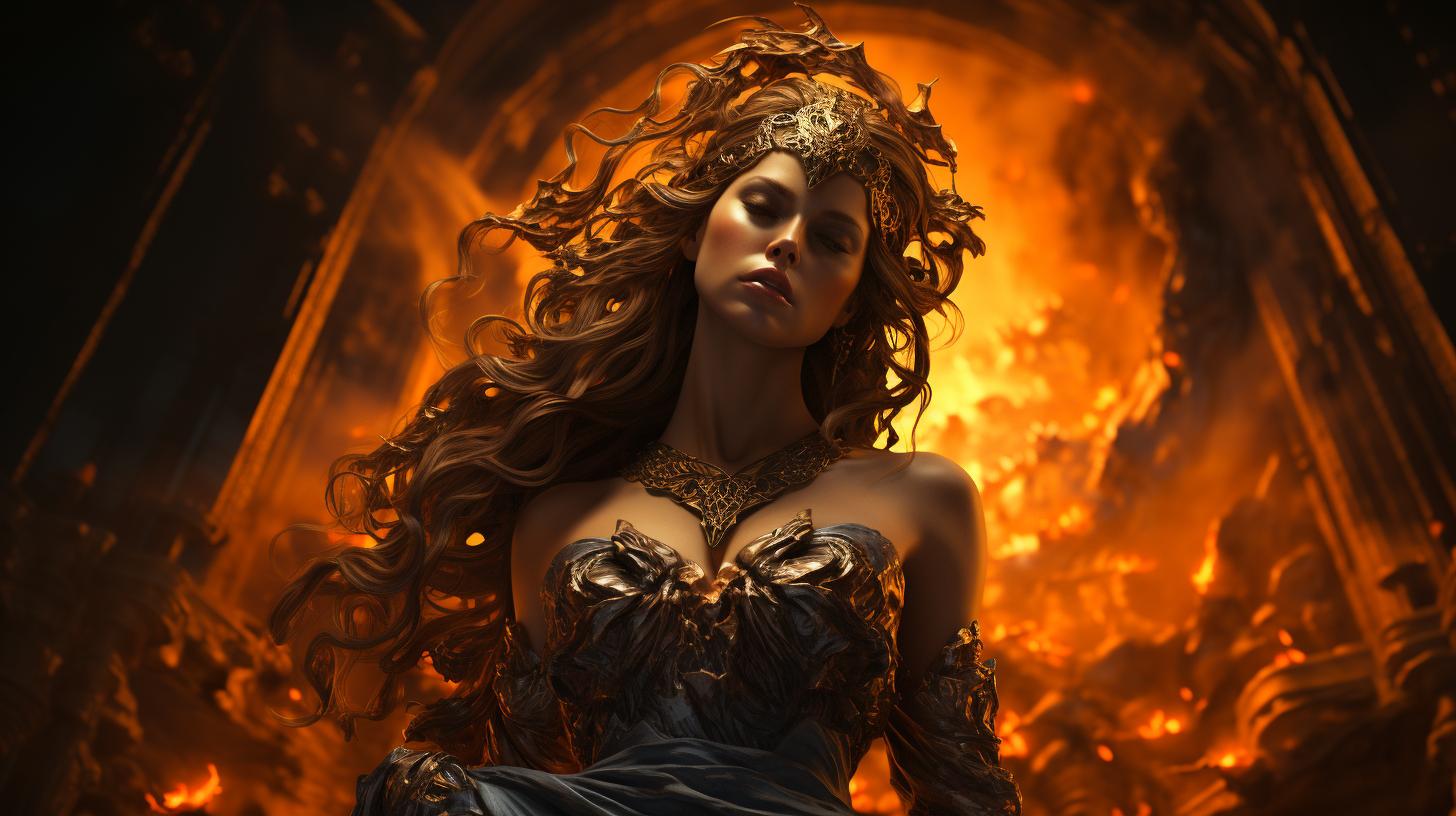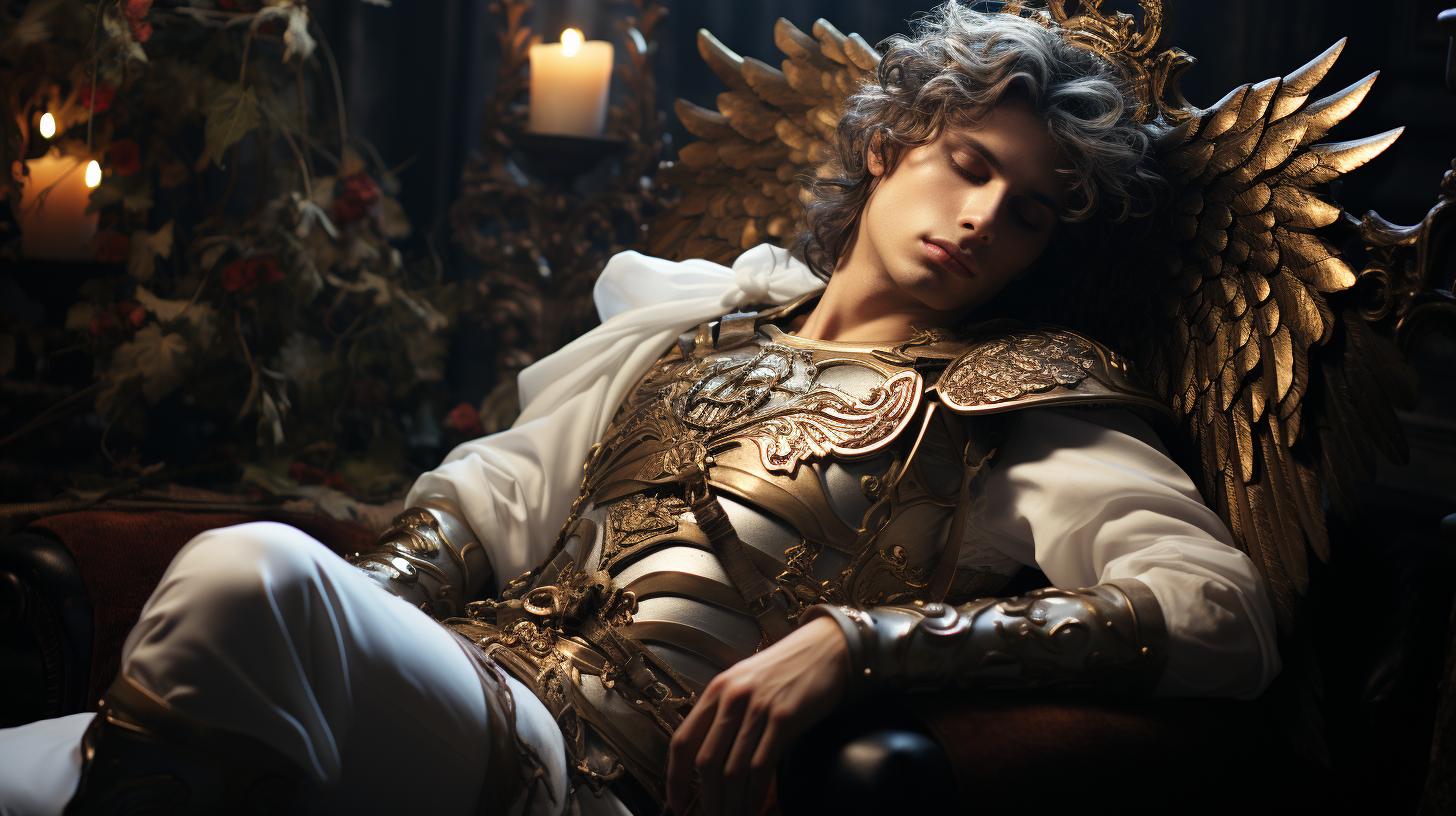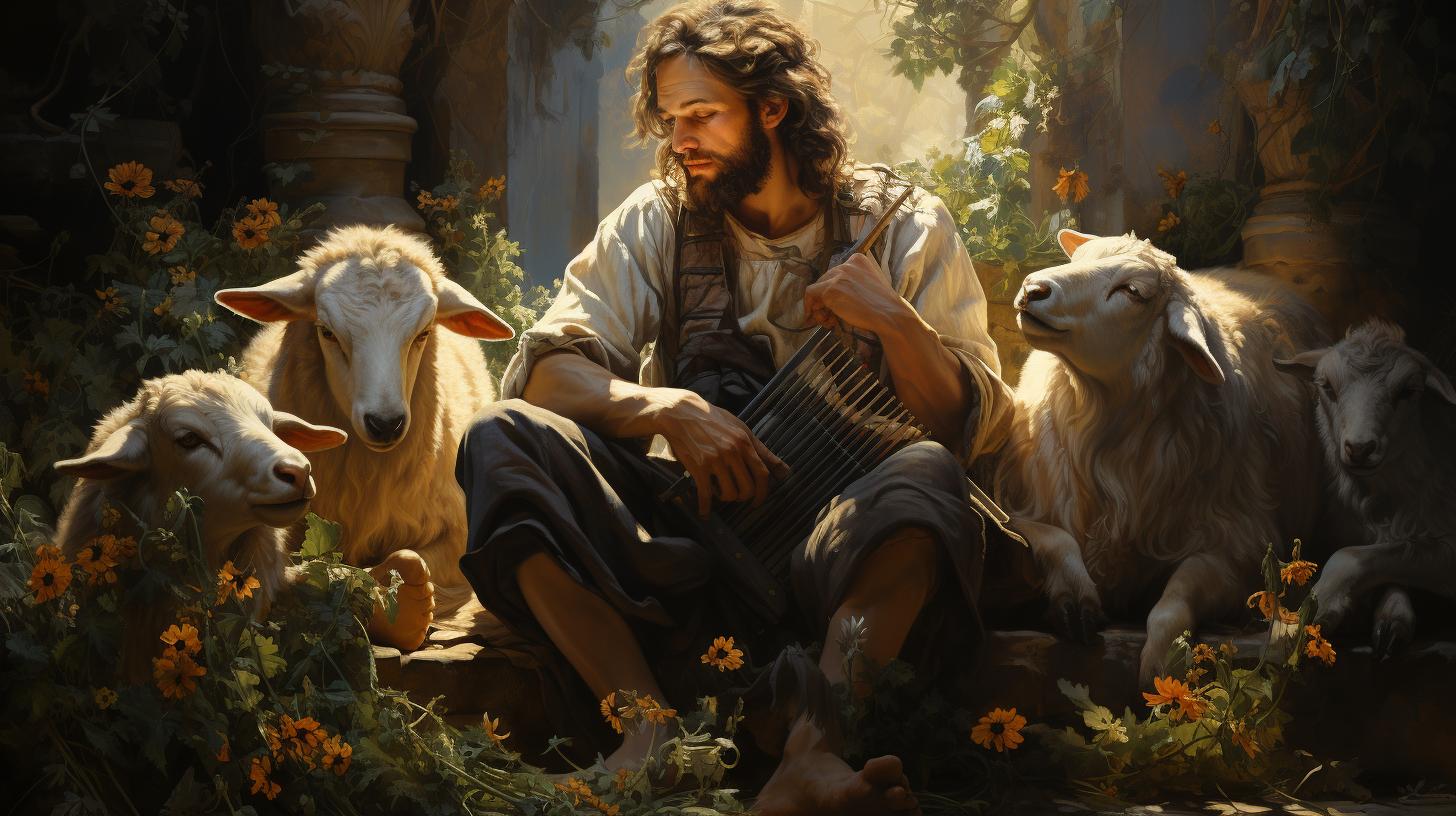Greek Mythology Goddess Hera: Unraveling the Queen of the Gods
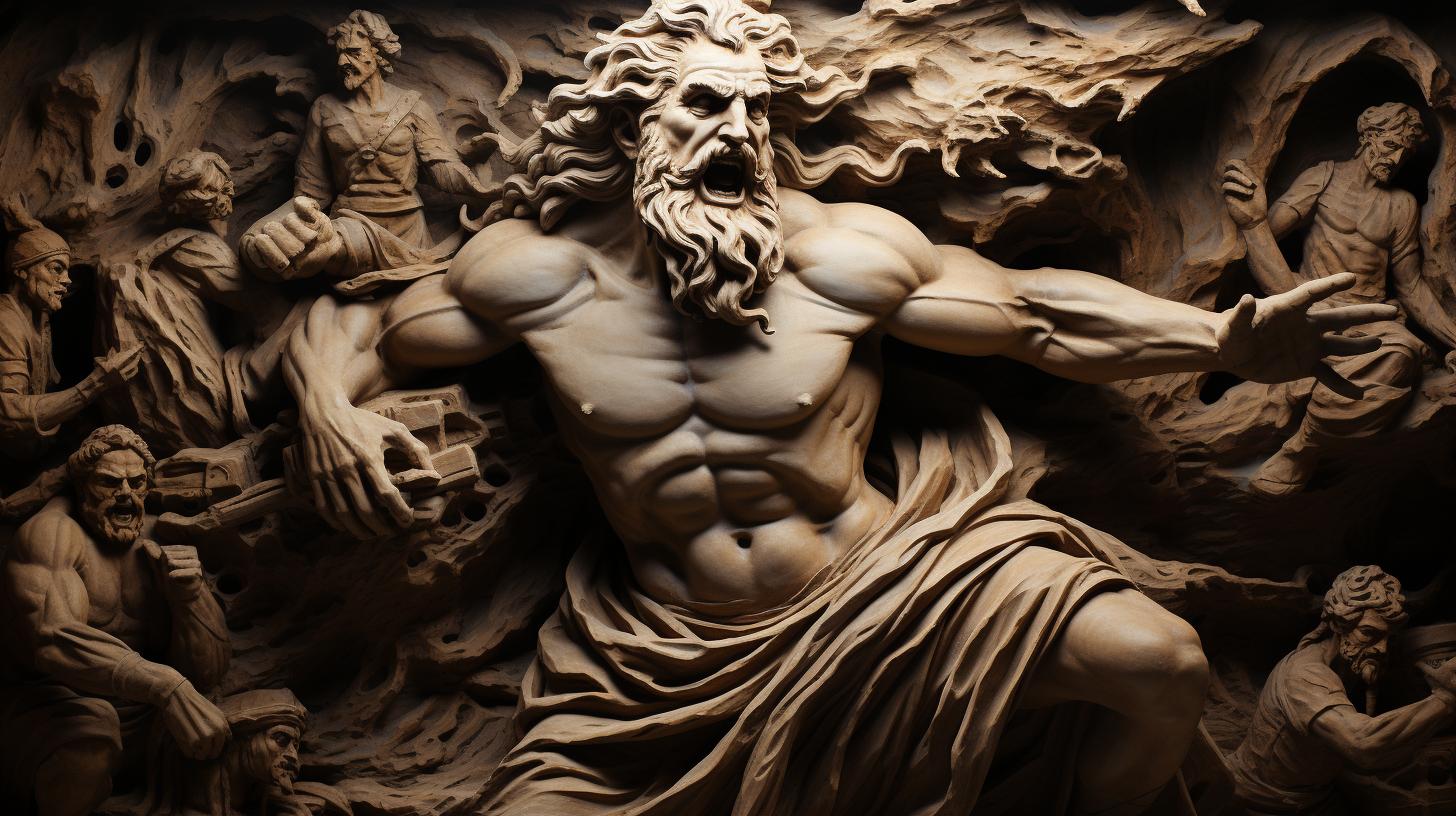
Greek mythology goddess Hera, the queen of the gods, holds a significant place in Greek mythology. She is known for her marriage to Zeus, her relationships with other deities, and her influential role in various myths and legends.
This article explores Hera’s origins, her interactions with Zeus and other gods, her symbolic representations, and her presence in ancient literature and contemporary culture. Join us as we delve into the captivating world of the powerful and complex goddess Hera.
Understanding Greek Mythology
Welcome to the fascinating world of Greek mythology, a rich tapestry of ancient stories that have captivated audiences for centuries. In this section, we will delve into the origins of Greek mythology, explore key figures within this vast pantheon, and examine the significant role that gods played in shaping the mythical landscape.
The Origins of Greek Mythology
The roots of Greek mythology can be traced back to the ancient civilizations of Greece, where a complex system of myths and legends emerged. These stories served to explain natural phenomena, human behavior, and the origins of the world itself.
While the exact origins of Greek mythology remain a subject of speculation, it is widely believed to have evolved from the intertwining of various cultural influences and religious beliefs.
Key Figures in Greek Mythology
At the heart of Greek mythology are the numerous gods and goddesses who embodied different aspects of life and the natural world.
From mighty Zeus, king of the gods, to Athena, goddess of wisdom, and Aphrodite, goddess of love, these divine beings held immense power and shaped the mortal realm.
Understanding their roles and relationships is essential to unraveling the rich tapestry of Greek mythology.
The Role of the Gods in Greek Mythology
In Greek mythology, the gods occupied a central position, intervening in the lives of mortals and influencing the course of events. They were not only revered for their power and wisdom but also feared for their capriciousness and strong personalities.
From Zeus’ control over the thunder and lightning to Poseidon’s dominion over the sea, the gods held sway over various domains, often clashing with each other and meddling in the affairs of humans.
Throughout the centuries, Greek mythology has left an indelible mark on art, literature, and culture, shaping our understanding of ancient civilizations and their belief systems. Join us as we unravel the captivating stories and delve deeper into the realm of Greek mythology.
Exploring the World of Hera
Welcome to the enticing realm of Hera, the captivating goddess of Greek mythology. In this section, we delve into her origins, family lineage, her marriage to Zeus, and the intriguing dynamics of her relationships.
Let’s embark on an exploration of Hera’s fascinating world.
Hera’s Origins and Family Tree
Hera, born to the Titans Cronos and Rea, emerged as a powerful deity within the Greek pantheon. Her exact birthplace remains uncertain, with different accounts suggesting Argos or Samos. As the sister and wife of Zeus, she possessed a significant role in the divine order.
The Marriage of Hera and Zeus
Hera’s marriage to Zeus, known as the hieros gamos or sacred marriage, stands as a central aspect of her mythology. Together, they symbolized the union of sky and earth, with all the gods presenting gifts to celebrate this momentous occasion.
However, beneath the surface, their relationship was not without complexities and challenges.
Hera’s Jealousy and Conflict with Zeus’ Lovers
Hera’s legendary jealousy and relentless pursuit of Zeus’ extramarital affairs are well-documented. As her husband’s infidelities became apparent, she unleashed her wrath on his lovers, seeking retribution for their trespasses.
From nymphs to mortal women, Hera’s persistent and often vengeful nature showcased a dimension of her personality that was both formidable and unyielding.
In her quest to assert her dominance, Hera became a formidable force to be reckoned with, shaping the destiny of not only the mortals but also the gods themselves.
While navigating through her tumultuous emotions, Hera’s actions and interventions left an indelible mark on the ancient Greek world.
Join us as we continue our exploration of Hera’s world, delving into her interactions with other gods and goddesses, the symbolism surrounding her, and her enduring presence in literature and modern culture.
Hera’s Interactions with Other Gods and Goddesses
Hera, as a prominent figure in Greek mythology, had various relationships and played significant roles in the lives of other gods and goddesses. Let’s explore her interactions with Leto, Semele, Alcmena, her involvement in the Judgement of Paris and the Trojan War, as well as her support for the Argonauts and Heracles.
Hera’s Relationships with Leto, Semele, and Alcmena
Hera’s relationship with Leto, the mother of Apollo and Artemis, was marked by jealousy and conflict.
Leto’s affair with Zeus resulted in the birth of these two significant deities. Hera fiercely opposed Leto and persecuted her throughout her pregnancy and even sought to prevent her from giving birth.
However, despite Hera’s efforts, Leto managed to bring forth her divine children.
In the case of Semele, mother of the god Dionysus, Hera’s jealousy was once again evident. She tricked Semele into asking Zeus to reveal himself in his true divine form, which resulted in Semele’s demise.
However, Zeus rescued their unborn child and sewed him into his thigh until Dionysus was ready to be born.
Alcmena, the mother of Heracles, also faced Hera’s wrath due to her affair with Zeus. Hera’s animosity towards Heracles from his birth persisted throughout his life, leading to numerous trials and tribulations for the legendary hero.
Hera’s Role in the Judgement of Paris and the Trojan War
Hera played a pivotal role in the Judgement of Paris, an event that sparked the Trojan War. Alongside Athena and Aphrodite, Hera sought Paris’ favor and offered him power and wealth.
In return, Paris was expected to give her the golden apple, symbolizing his choice for the most beautiful goddess. This act of favoritism towards Paris further fueled Hera’s hostility towards the Trojans, leading to her active involvement in the war against Troy.
Hera’s Support for the Argonauts and Heracles
Hera supported the legendary hero Heracles, commonly known as Hercules, and aided him during his trials. Although their relationship was often fraught with tension due to Hera’s animosity towards him as Zeus’ illegitimate son, she occasionally provided assistance and protection during his quests.
In addition to her support for Heracles, Hera played a crucial role in the epic journey of the Argonauts. She helped guide and protect them during their quest for the Golden Fleece, showcasing her influence and involvement in mortal affairs.
Hera’s interactions with other gods and goddesses shaped the course of mythology and played a significant role in several legendary stories. From her conflicts with Leto and Semele to her involvement in the Judgement of Paris and support for the Argonauts and Heracles, Hera’s presence was influential and often tumultuous.
Symbolism and Depictions of Hera
Symbolism and depictions play a significant role in understanding the essence of the Greek goddess Hera. Through various artistic representations and symbolism, Hera’s attributes and characteristics are portrayed, shedding light on her power and significance.
Hera’s Iconography and Symbols
Hera is often depicted in Greek art with distinctive symbols that signify her sovereignty and role as queen of the gods. Some of the most common symbols associated with Hera include:
- Peacock: The peacock is one of the most prominent symbols of Hera.
It represents her regal nature, beauty, and immortality. The resplendent feathers of the peacock symbolize her divine power.
- Crown: As the queen of the gods, Hera is frequently depicted wearing a crown, symbolizing her authority and status.
- Scepter: Hera wields a scepter as a symbol of her power and rule, emphasizing her role as a ruler among the gods.
- Pomegranate: The pomegranate is associated with fertility and abundance.
It often appears as a symbol in depictions of Hera, representing her relationship with fertility and the natural world.
Hera’s Associations with Animals
Alongside her iconic symbols, Hera is closely associated with certain animals in Greek mythology. These animals hold symbolic significance and provide insights into her character:
- Peacock: Besides being a symbol, the peacock is also associated with Hera as her sacred animal.
It represents her watchfulness, protection, and sovereignty.
- Lion: Hera is occasionally depicted with a lion, symbolizing her fierce and protective nature. The lion embodies strength, valor, and royal authority, further highlighting Hera’s regality.
- Cuckoo: The cuckoo is also linked to Hera, representing her role as a goddess of marriage and maternity.
Its presence in her depictions emphasizes her association with family and motherhood.
These animals and symbols offer insights into Hera’s multifaceted character and her connection to various aspects of life, ranging from royalty to fertility and maternal instincts.
Hera in Literature and Modern Culture
Hera’s Presence in Ancient Greek Texts
Hera, the queen of the gods, holds a significant presence in ancient Greek texts, where she is portrayed as a complex and influential deity. In epic poems such as Homer’s Iliad and Odyssey, Hera appears as a formidable figure, often involved in the conflicts and power dynamics among gods and mortals.
- Hera’s role in the Iliad centers around her unwavering support for the Greeks in the Trojan War. She frequently conspires with other gods, offering aid and guidance to the Greek heroes.
- In the Odyssey, Hera’s influence is seen through her ongoing enmity with the Trojan prince Paris, who had chosen Aphrodite over her in the famous judgment of Paris.
- Various ancient Greek tragedies, such as Euripides’ Herakles and The Bacchae, include Hera as a prominent character, showcasing her strong personality and her unrelenting pursuit of justice.
Hera’s Influence in Contemporary Literature and Media
The impact of Hera’s character extends beyond ancient texts, with numerous representations and adaptations of her in contemporary literature and media.
Her complex nature and involvement in gripping narratives continue to captivate readers and viewers today.
- She often appears in modern retellings of Greek myths, novels, and fantasy literature as a powerful and multi-faceted deity, evoking her regal presence and the deep complexities of her relationship with Zeus.
- Hera is frequently featured in popular culture, such as movies, TV shows, and video games.
Her appearances range from epic battles alongside other Greek gods to more nuanced explorations of her inner struggles and ambitions.
- Contemporary authors draw inspiration from Hera’s character, intertwining her with themes of power, loyalty, and gender dynamics, offering fresh perspectives on her role in mythology.
Overall, Hera’s enduring presence in literature and modern media showcases her significance as a mythological figure, stirring the imagination and inviting deeper exploration into her intriguing persona.
.











